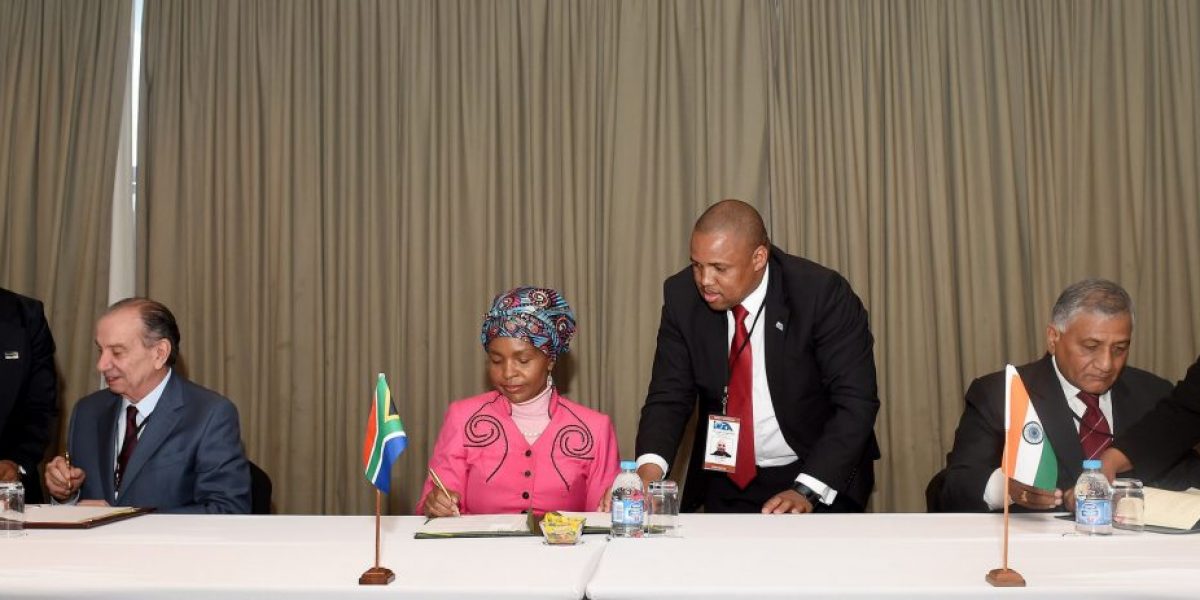It is time to evaluate results and missed opportunities to provide a balanced assessment. In the wake of an international financial crisis and a changing global architecture, its original raison d’être — multilateral system reforms, stronger coalitions of the South and development co-operation — is more pertinent than ever. Critics question its achievements and the merits of a coalition of emerging powers that excludes notables like China. But others insist it has facilitated dialogue and exchange at a level and frequency previously unimaginable.
Certainly, IBSA is a recognised and powerful coalition that enjoys a strong consensus among members. Efforts to improve co-operation for development has become a core niche that could ultimately become the driving force behind IBSA and reconfigure its role in the developing world, Africa in particular. This distinguishes it from other emerging coalitions, making it an example of development co-operation in a new global order.
SAIIA sincerely thanks those who acted as peer reviewers for these papers.








